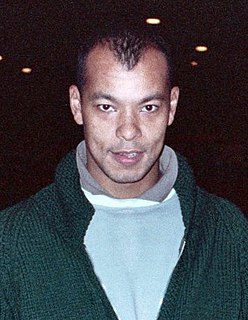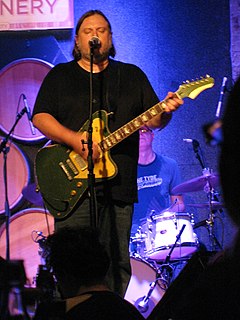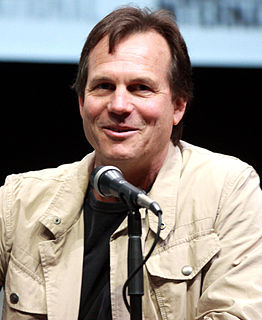A Quote by Roland Gift
Our managers hadn't had that kind of success - the record company hadn't, we hadn't - and the feeling was that the next record had to be even bigger, and if it wasn't it would be some kind of failure.
Related Quotes
Despite the fact that Starbucks has grown to be a large company. We've always played music in our stores and has always acted as an opportunity to create a mood in our stores. And customers started asking, "What song are you playing and can I buy that?" . And we said "No." And that was kind of the catalyst for beginning to look at music. We started out with our own compilations and after the success of that. We had the courage to say, "Let's produce our own record." and the first record was with Ray Charles before he unfortunately passed away.
I call it "being interrupted by success." We had done The Soft Bulletin, which came out in 1999, and we knew we that were gonna make another record before too long. But in between this, we were still in this mode of kind of just - not re-creating what we could be, but kind of doing different things. For the longest time in the Flaming Lips we were like, "Make a record, go on tour. Come back, make another record," and you know, I think, frankly, we were kind of like, "There's more to life than just recording records and going on tour."



































